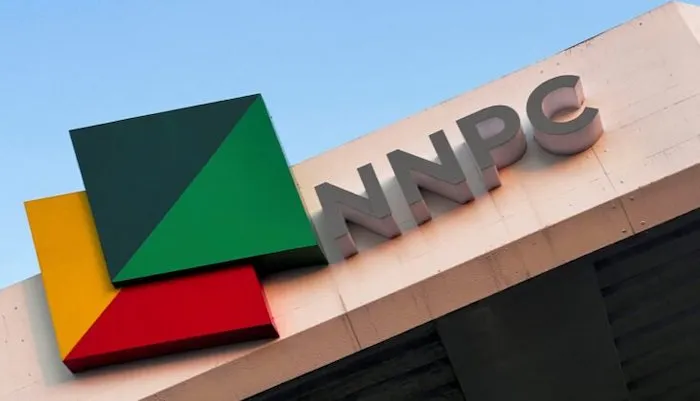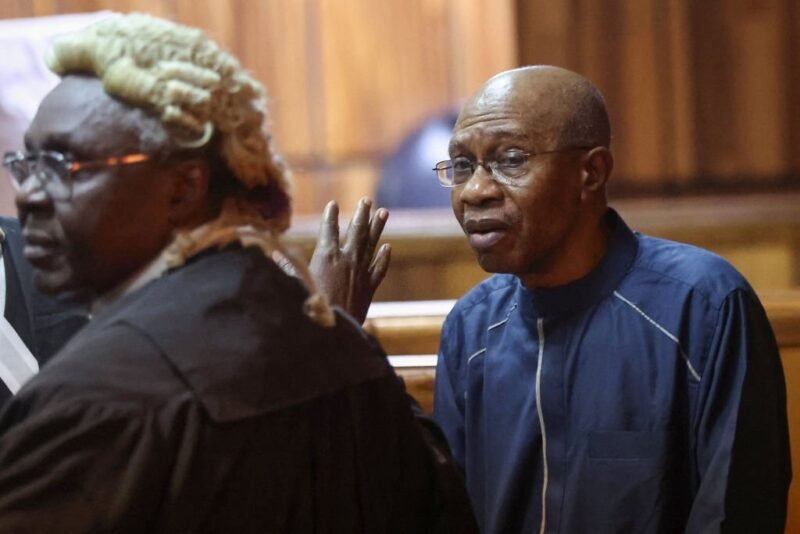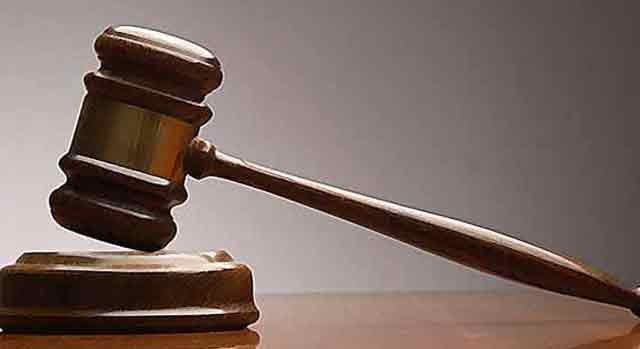In a remarkable demonstration of public interest, the African Democratic Congress (ADC) experienced its website crashing three times within just 48 hours. This unprecedented surge in traffic was driven by Nigerians eager to learn more about the party and seek membership, reflecting a growing appetite for political change as the nation approaches the 2027 general elections.
The chaos began shortly after the ADC announced a new coalition involving high-profile political figures, including former Vice President Atiku Abubakar and former Anambra State governor Peter Obi. Unveiled on July 3, this political alliance has stirred excitement and curiosity across the country, prompting many to seek alternatives to the ruling All Progressives Congress (APC).
Demola Olarewaju, Special Assistant on Digital Media and Strategy to Atiku Abubakar, took to social media to share the news of the website crashes. “ADC website has crashed three times since the coalition was announced,” he tweeted, emphasizing the demand for a viable alternative to the APC. His words resonated with many Nigerians who have long been yearning for a shift in the political landscape.
As news of the crashes spread, political analysts began to interpret the incidents as more than just technical failures; they represented a significant moment in Nigeria’s political trajectory. Observers noted that the overwhelming interest in the ADC could signal a turning point, reminiscent of past political realignments that reshaped the nation’s governance.
Supporters of the coalition are energized, viewing these developments as a call to action. The ADC, once a minor player in the political arena, now finds itself at the center of a burgeoning movement. However, coalition leaders have urged caution, stressing the importance of unity and strategic planning as they navigate this new political landscape.
Meanwhile, everyday Nigerians took to social media to express their hopes and frustrations. One user remarked, “If they can crash a website, maybe they can crash the system that failed them too.” This sentiment encapsulates the collective yearning for change and participation in a political process that many feel has overlooked their needs.
The ADC’s website crashes serve as a wake-up call, highlighting the need for robust digital infrastructure as the party transitions from a minor player to a potential leader of a national movement. As the 2027 elections draw closer, the ADC stands poised to capture the public’s imagination and shape the future of Nigeria’s political landscape.







